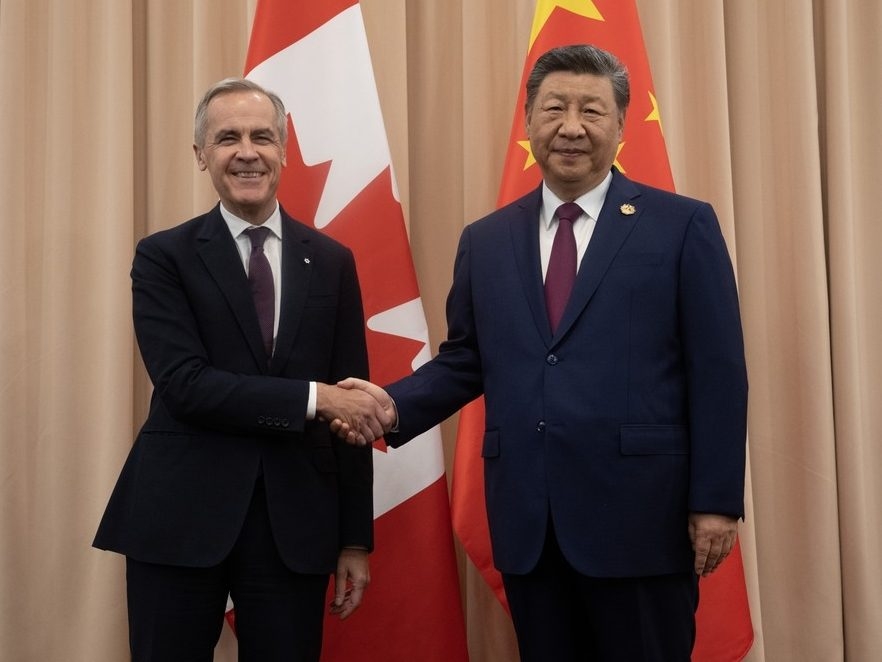The weight of a nation’s concerns rested on Prime Minister Carney’s shoulders as he concluded a significant meeting with Chinese President Xi Jinping in Gyeongju, South Korea. It marked the first formal exchange between the two leaders in eight years, a moment both sides cautiously hailed as a potential turning point.
Carney directly addressed the issue of foreign interference, a shadow that has fallen heavily over Canadian democratic processes. He conveyed to President Xi the profound seriousness with which Canadians view attempts to undermine their institutions, a message he believes wasn’t fully understood.
A recent public inquiry had already delivered a stark assessment, identifying China as the primary source of foreign interference targeting Canada’s elections. Despite this, Carney emphasized a strategy of engagement, seeking areas of collaboration while firmly defending Canadian interests.

The meeting wasn’t focused on immediate concessions, such as the lifting of Chinese tariffs on Canadian agricultural products like canola, seafood, and pork – retaliatory measures linked to Canadian tariffs on Chinese electric vehicles. Carney framed the encounter as a foundational step, essential for building a relationship capable of yielding future results.
He described the dynamic with China not as a simple transaction of “give and take,” but as a complex relationship requiring understanding and sustained engagement. Without this high-level dialogue, Carney asserted, progress on critical issues would remain impossible.
The sentiment resonated in provinces directly affected by the trade disputes. Saskatchewan Premier Scott Moe and Manitoba Premier Wab Kinew both acknowledged the meeting as a positive development, recognizing that immediate tariff removal was an unrealistic expectation.
Looking ahead, Carney indicated no immediate plans to alter existing restrictions on Chinese investments in sensitive sectors like telecommunications. The focus, he explained, would be on carefully scrutinizing future investment proposals, prioritizing national security.
Despite the complexities, Carney highlighted potential areas for collaboration, specifically addressing the urgent global challenges of climate change and the evolving international financial landscape. He believes these shared concerns offer a pathway for constructive engagement between the two nations.



